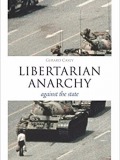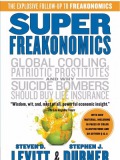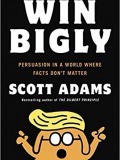Book

Zinc Supreme
- Support Immune Health - Zinc is essential for growth and physical development, and for the immune system. Most aspects of reproduction in both males and females require zinc.*
- Unique Formula - Zinc Supreme contains Zinc, Molybdenum, Vitamin B-6, Riboflavin, Taurine and Malic Acid. *
- Ideal Mineral Technology - Ideal chelates for optimal absorption, by Albion Advanced Nutrition, the leader in mineral technology. These minerals are combined with other nutrients like vitamins B6 and taurine to provide superior results.*
- Higher Standards. Better Results - Designs for Health maintains a strict, no-compromises approach to quality raw material selection. We never cut corners with substandard ingredients. This product is Non-GMO, Gluten-Free, and Vegetarian-friendly.
- Over 50,000 Doctors Agree - Designs for Health is the physician's choice for top quality professional strength supplements since 1989. Our "Science First" philosophy ensures our products are based on the most recent research and use the highest quality raw ingredients.
aboutLiberty Portal
Liberty Portal is your gateway for free markets and free thinking. We aggregate open-sourced content to promote and popularize important people and lessons within the liberty movement.
suggested
Gerard Casey
Libertarian Anarchy: Against The State

Political philosophy is dominated by a myth, the myth of the necessity of the state. The state is considered necessary for the provision of many things, but primarily for peace and security. In this provocative book, Gerard Casey argues that social order can be spontaneously generated, that such spontaneous order is the norm in human society and that deviations from the ordered norms can be dealt with without recourse to the coercive power of the state.
Read more
Steven Levitt & Stephen Dubner
Super Freakonomics

Freakonomics lived on the New York Times bestseller list for an astonishing two years. Now authorsSteven D. Levitt and Stephen J. Dubner return with more iconoclastic insights and observations inSuperFreakonomics—the long awaited follow-up to their New York Times Notable blockbuster. Based on revolutionary research and original studies SuperFreakonomics promises to once again challenge our view of the way the world really works.
Read more
Scott Adams
Win Bigly: Persuasion in a World Where Facts Don't Matter

Win Bigly is not just a book detailing how Scott Adams was able to predict Donald Trump's Presidential victory. This is a book about the science and skill of persuasion.
Read moreInformative, enjoyable, and thought provoking, Win Bigly is an essential work for today's readers and thinkers.


